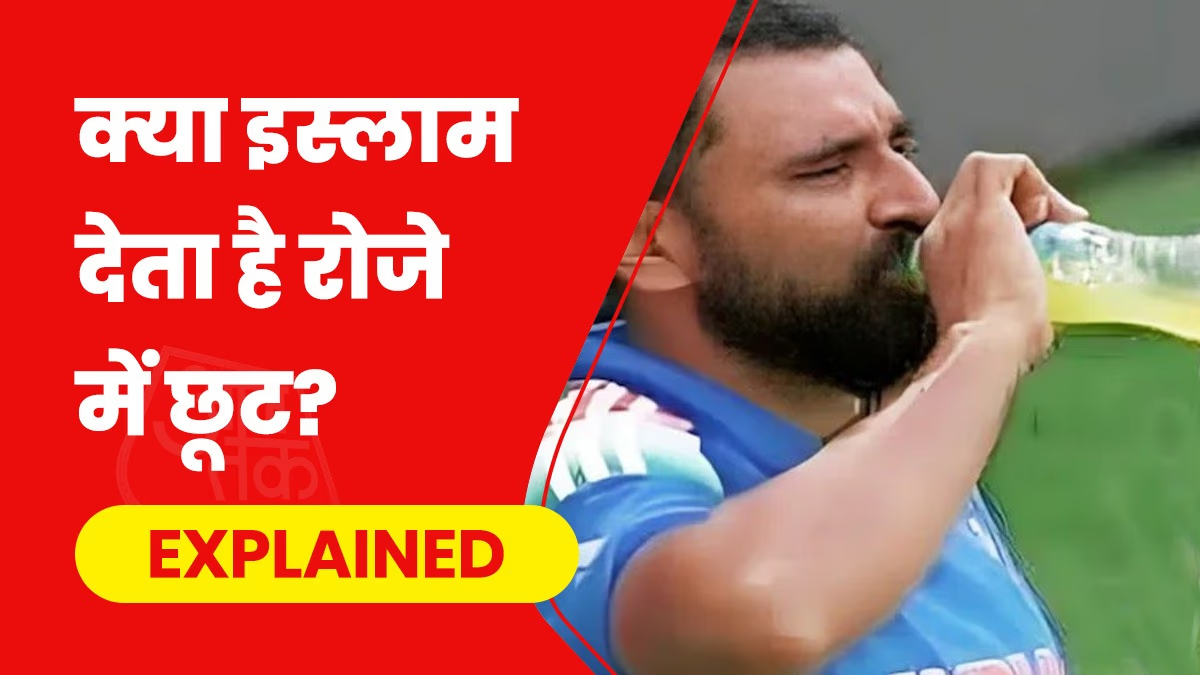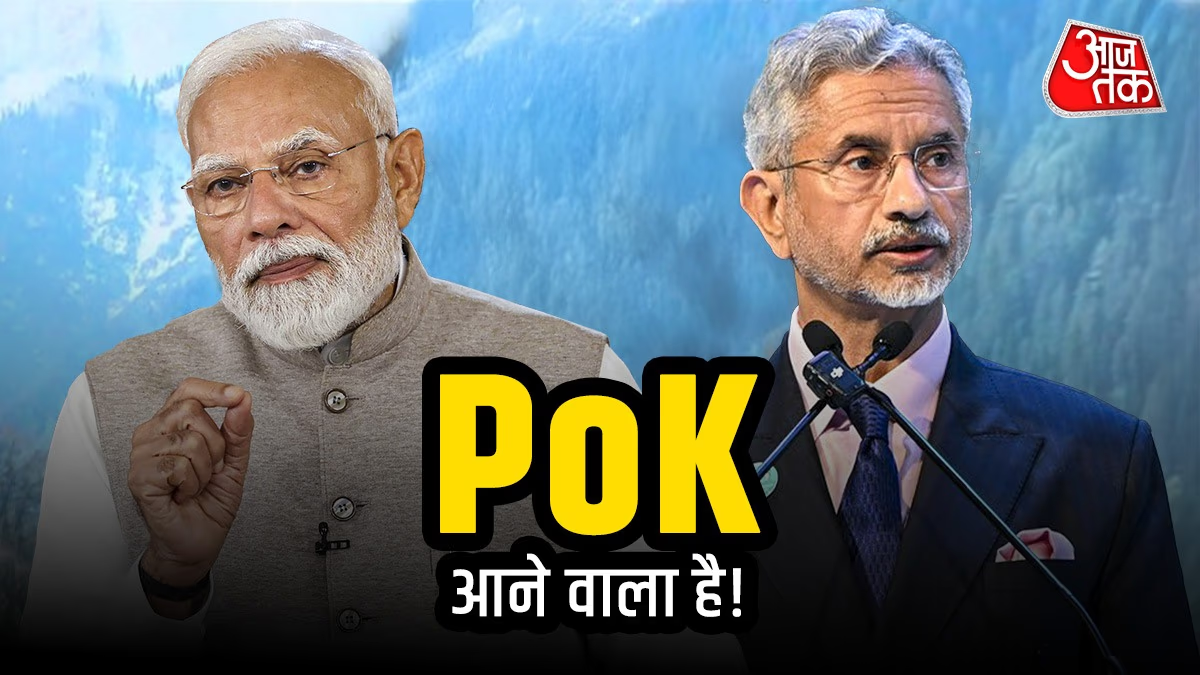Recently, during the India-Australia match, India celebrated victory, but amidst the celebrations, a distinct controversy emerged. A video of Mohammed Shami drinking an energy drink during the match in Dubai surfaced, sparking disapproval from some religious leaders. The national president of the All India Muslim Jamaat, Maulana Shahabuddin Razvi, condemned Shami's actions, emphasizing that fasting during Ramadan is obligatory in Islam. Skipping the fast willingly, he deemed, is a sin, and Shami's behavior is against Islamic tenets.
Why the Buzz?
According to Maulana Shahabuddin Razvi, 'Mohammed Shami should have known better. I advise and counsel him to adhere to Islamic rules. Participate in sports and all other activities, but also fulfill the responsibilities Allah has bestowed upon you. Shami should realize this and seek forgiveness from Allah for his actions.'
Viral Photo of Cricketer Shami
Please note, a viral photo of Mohammed Shami from the India versus Australia semifinal in Dubai showed him drinking an energy drink in the heat. This drew criticism, as fasting during Ramadan is deemed crucial. Religious leaders began advising Shami.
Islam Allows Fasting Exemptions in Special Cases
Meanwhile, Maulana Khalid Rashid Firangi Mahali defended Shami. In an exclusive interview, he clarified Islamic teachings, stating that the criticism of Shami is entirely misplaced. He believes Shami will lead India to victory in the finals. He further explained that Islam permits not fasting in specific circumstances, and missed fasts can be observed later.
He reiterated that Islam does not require fasting if engaged in national duties. If traveling, skipping a fast is permissible. Once travel concludes, the missed fasts can be observed at a later date. He criticized the backlash against Shami, stressing that such comments could mentally destabilize the player. He expressed confidence in Shami leading India to victory.
He advised Shami, 'Focus on your game without worry and make up any missed fasts when you return home.'
Ramadan: A Holy Month in Islam
It is notable that Ramadan is considered a sacred month in Islam, celebrated with dawn-to-sunset fasting, known as 'Roza.' The fast is not just physical restraint but also spiritual purification, signifying complete devotion to Allah. Fasting is one of the five pillars of Islam: Kalma, Namaz, Roza, Zakat, and Hajj.
Understanding Fasting
Fasting promotes self-discipline and moral integrity. It’s not just about refraining from food and drink; it’s about maintaining a pure heart and behavior, building empathy for the needy, and nurturing kindness.
The Quran instructs: 'O believers, fasting is prescribed for you as it was for those before you, that you may attain righteousness.' Therefore, fasting is not merely physical adherence but a pathway to spiritual and ethical enlightenment.
Fasting Rules
Adherence to specific rules while fasting is vital:
Refraining from food and water from sunrise until sunset Avoidance of smoking and any intoxicants Refrain from lying, profanity, and unethical conduct
The Process of Iftar
Breaking fast, known as 'Iftar,' occurs post-sunset. Prophet Muhammad's tradition recommends dates and water to break the fast, followed by a nutritious meal to maintain physical strength.
Who Can Be Exempted from Fasting?
Dr. Raziul Islam Nadvi, Secretary of Shariah Council, Jamaat-e-Islami Hind, explains that fasting is obligatory but includes exceptions:
1. Illness: If illness hinders fasting or doctors advise against it, one may skip fasting and make up later.
2. Travelers: Long-distance travelers (approx. 78 km or more) may skip fasting but must observe missed days later.
3. Pregnant and Nursing Mothers: If fasting affects the health of the mother or child, it can be skipped and made up later.
4. Elderly: If unable to fast, they may compensate by feeding the needy, known as Fidya. This provision extends to individuals with chronic conditions like diabetes or kidney disease.
5. Women in Menstruation or Post-Childbirth: They are excused from fasting during these times but should make up for it later.
6. Mentally Incapacitated: Fasting is not obligatory for those lacking mental capacity.




